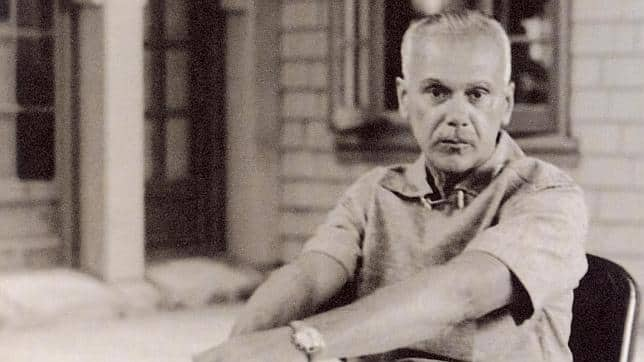 |
| Paul Preciado [Ellen James] |
from Paul [Beatriz] Preciado's Testo Junkie:
Let us consider for a moment the possibility of a molecular revolution of the genders. What would happen if a large proportion of cis-females began collectively self-administering enough doses of testosterone to be socially identified as males? What value would natural masculinity possess? Such a politicohormonal fiction experiment becomes even more pertinent if one thinks that these future technomales, this new species of mutant cis-females identifiable as male bodies, would be capable of breeding and giving birth, corresponding to what Julia Kristeva calls the “female genius.” After using testosterone for six months, at a rate of four hundred milligrams a month, facial pilosity and a changed voice become irreversible. On the other hand, interrupting the administration of testosterone for a few months is enough for menstruation to return, and with it, the potential for fertilization, pregnancy, and childbirth (although the beard and the voice change remain). Fertilization would be just as possible by sexual exchange of reproductive fluids as it would by medically controlled insemination. Sex and in vitro are just two culturally assisted reproduction technologies. Let’s take the example of two male bodies, a technomale that still has a vagina and uterus and a cis-male inseminating him by vaginal penetration using a biopenis possessing fertile spermatozoids (something that seems rarer and rarer in today’s highly toxic ecology). Seen from the outside, this scene resembles the gay pornographic aesthetic of the twentieth century; but in reality, it goes beyond gay sex and heterosexual sex and points to a technosex future. Obviously, as a technomale, it would be equally possible to be inseminated with donor sperm. At any rate, we would be confronting a new species of technomale postsexual reproducer. And this is the beginning of new perspectives regarding struggles and pharmacopornographic resignifications. Since I’ve been taking testosterone, I look at the men and women going by me each day in the subway, supermarket, museum, as bodies whose political decoding has been abusively and brutally determined by the amount of testosterone they produce or administer to themselves. In line with VD to see King Kong at the movies, I amuse myself by taking each of the human forms passing into my field of vision and mentally increasing or decreasing its testosterone level. The cis-males simply resemble women with more or less testosterone to which a biopolitical plus-value has been added, and who have been told since childhood, “You’re worth more than girls; the world belongs to you; they belong to you; your cock rules over everything that exists.” Cis-females are just surgically and endocrinologically modified “men”: sophisticated and not so sophisticated interlacings of synthetic collagen, silicone implants, and active estrogen, but still lacking biopolitical legitimacy.
 |
| Beatriz Preciado [Vimeo] |







